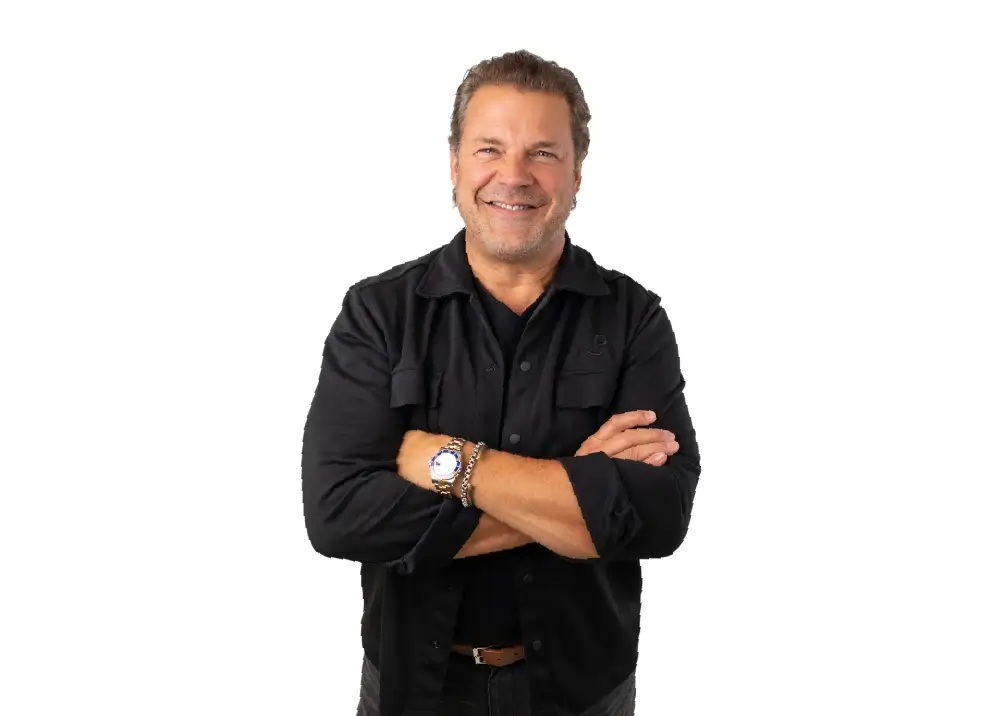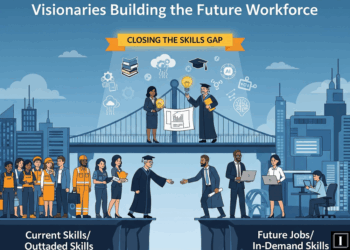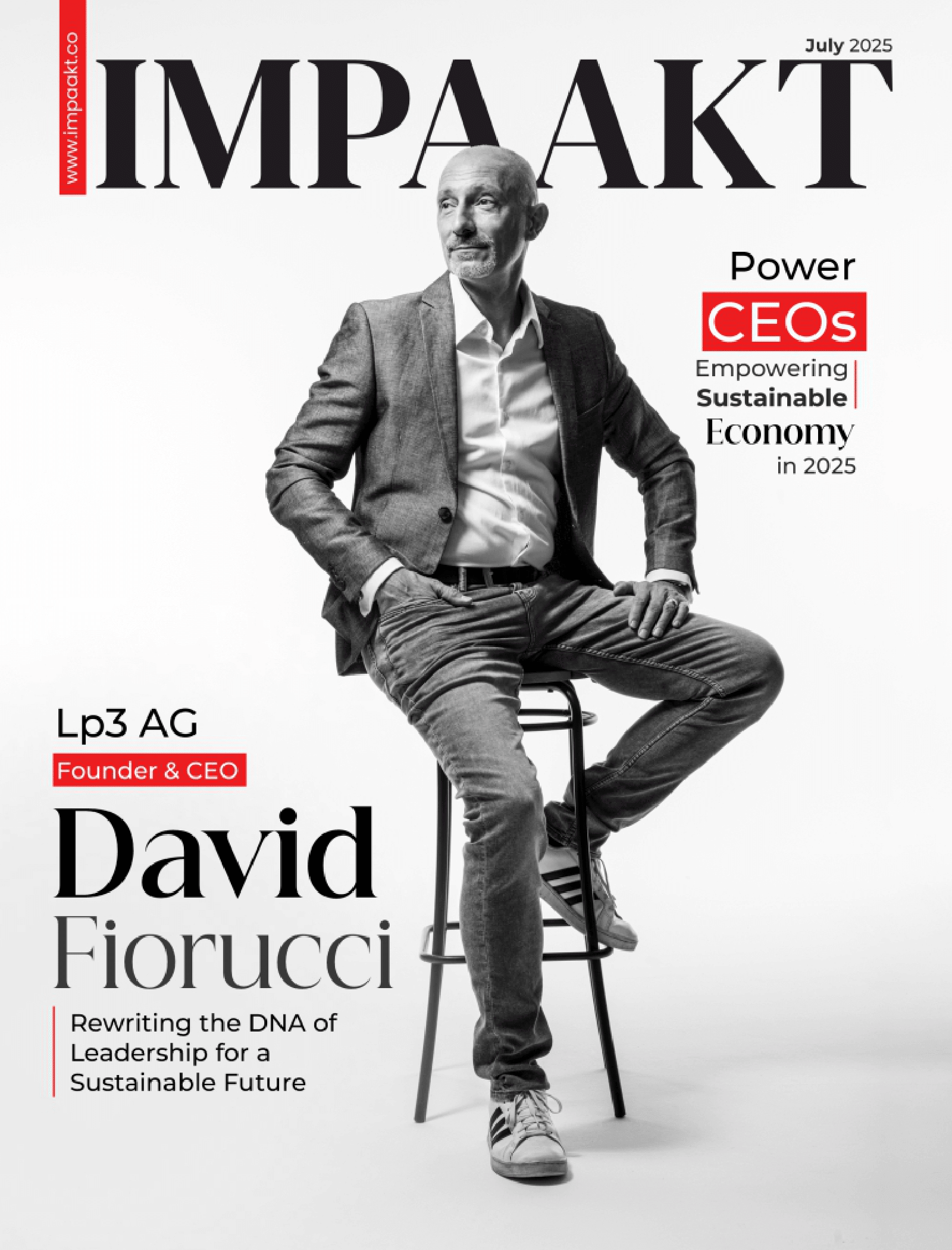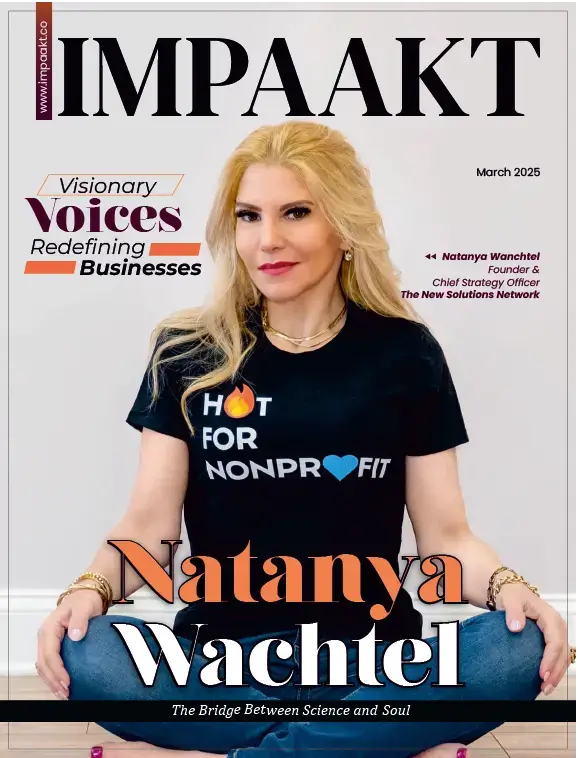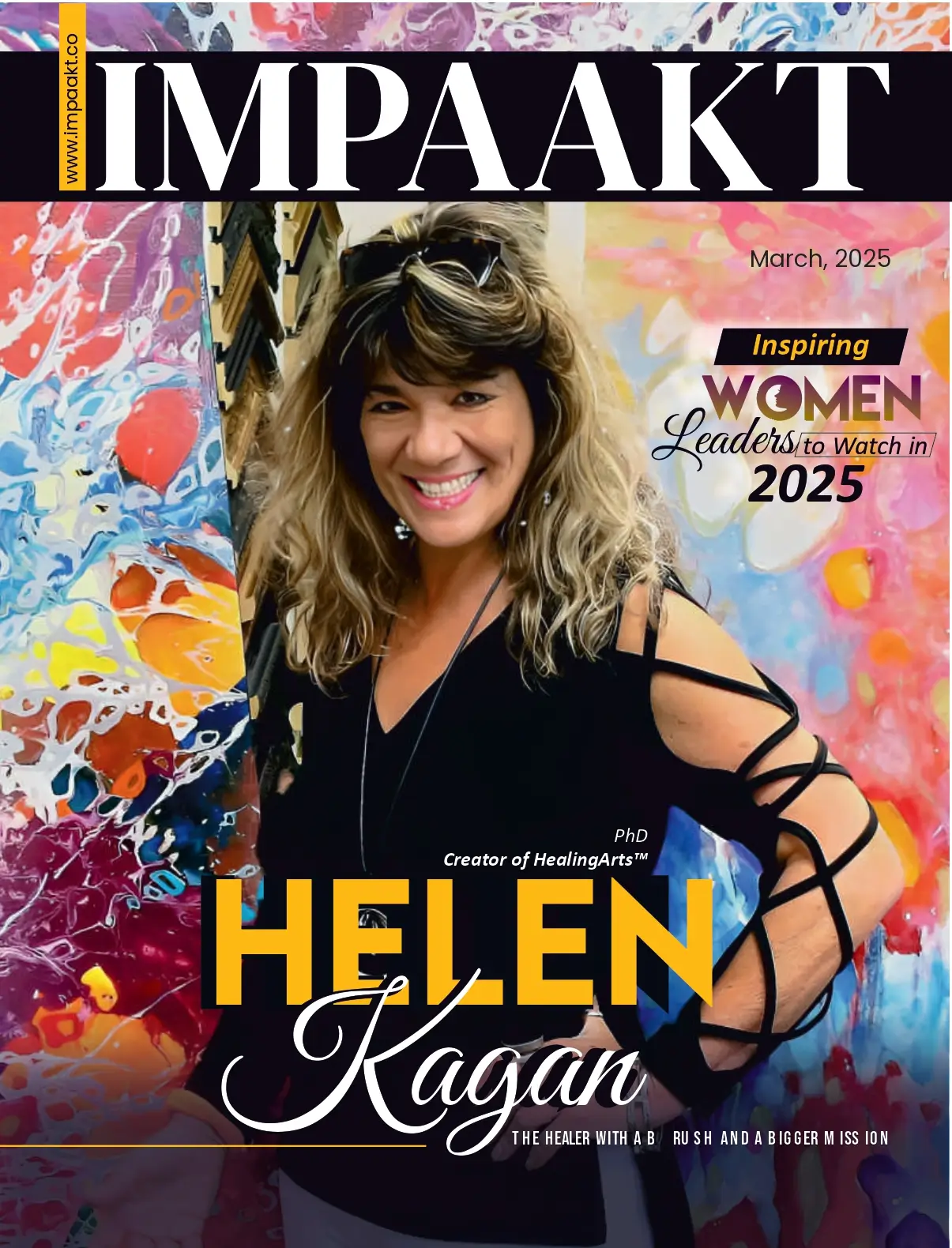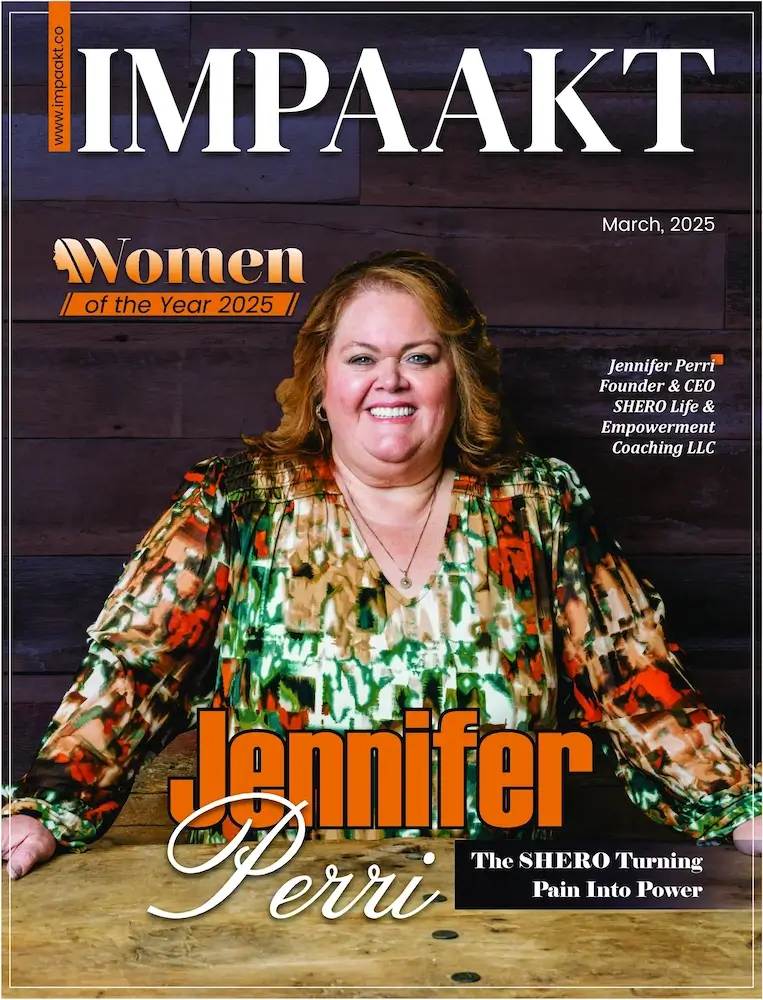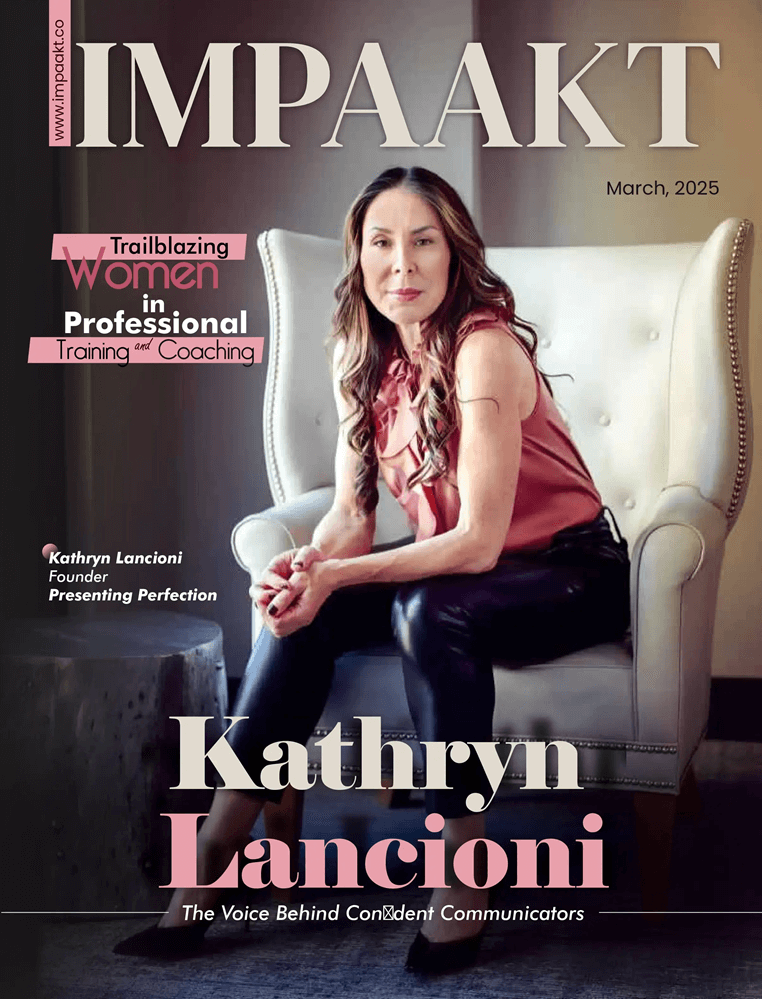“What am I good at?” needlessly narrows your options. It’s better to ask: “What could I become good at?”
The above questions are often encountered by HR & Talent Acquisition Leaders. They are at large trying to solve the biggest challenge of tapping into the right technology to find the right people at the right time and for the right job role.
And when Jess Elmquist, the Chief Human Resources Officer, and Chief Evangelist at Phenom learned about Phenom’s mission of helping billion people find the right job’ he was sold.
Jess’s journey to his current role is far from conventional. From his beginnings as a high school economics teacher to his ascent in the corporate world, he has embraced challenges with a spirit of enthusiasm, optimism and a commitment to meaningful work.
In this exclusive interview, we explore Jess Elmquist’s unique career path, his passion for HR, and his visionary insights into the future of HR in a world marked by rapid technological advancements and the ever-evolving needs of the workforce.
Jess, could you start by sharing a bit more about your journey from being a high school economics teacher to your current role as the CHRO at Phenom?
I loved teaching, but after six years I was ready for a new professional challenge. The business world called out to me, and I joined a startup called Life Time. I rose up the ranks while the company grew rapidly. Being a part of a startup was a fantastic learning experience and I loved the adrenaline rush. My team and I were hiring thousands of the best people a year to staff our athletic clubs, a process that grew increasingly more complex and reactive because of the technology I was using. It was a bunch of systems that we had cobbled together to try and build a solution, but in the end the system didn’t talk to each other. I needed a single source of truth, and that was impossible to come by.
Then I came across a company named Phenom. I was attracted by its purpose to help a billion people find the right job. That resonated with me. So, partnering with Phenom was the answer we were looking for, and as I was ready to transition to a new role. I went from Phenom customer to their CHRO and Chief Evangelist in a few years. It’s been fulfilling to now collaborate with and help other CHROs who are experiencing the same frustration I did years before.
Your career path has been quite unique, with a strong focus on helping people find their sense of purpose. Can you tell us more about the pivotal moments and experiences that shaped your passion for human resources and workplace culture?
I had a great professor at Columbia University when I was pursuing a master’s in organizational psychology. His name is Bill Pasmore and he’s the author of “Leading Continuous Change: Navigating Churn in the Real World.” Pasmore is an expert in the field, a true thought leader on change.
His book had a big impact on me in the way it foreshadowed the future of work and people being comfortable with constant and continuous change. The world is moving at such a rapid clip, we can either be scared of it or embrace it. We have to figure out new ways of thinking and understanding new models that give us the tools to be able to help ourselves and the people around us command and manage change.
You transitioned from being a customer to becoming the CHRO at Phenom. Can you elaborate on what led you to make this transition and how technology has played a significant role in your career?
I’ll never forget the day when Phenom’s CEO walked into my office at Life Time. I asked him about Phenom’s mission (“To help a billion people find the right job”) and I was sold. I mean, what a statement of purpose. As a CHRO, I knew that I needed to increase my technology competence and understand how new technology was going to revolutionize the HR/Talent space.
It’s one thing to know technology and what you want it to do, it’s another to find that technology partner to make it happen. I can tell you, one thing that frustrates a CHRO more than anything is investing in technology and not seeing ROI while costs are increasing and still not accomplishing talent goals. I was in that very spot as an HR practitioner. Before Phenom, my tech stack was a hodgepodge of this and that, and none of it was working for me.
Frustration motivated and energized me to solve the problem by finding an AI equipped platform that could grow with my team and scale to create an intelligent talent experience for our people.
In your role at Phenom, you emphasize the importance of artificial intelligence in HR. Could you share some specific examples or success stories where AI has significantly improved the hiring process or internal mobility within organizations?
Studies consistently show that employees would rather chart their own professional development course than wait years for a manager to tap them on the shoulder.
Take one of our customers, The Cigna Group, the global health insurance giant, realized it was easier for people on the outside to find a job than it was for its own employees. So, the company embarked on a change management process fueled by AI and automation, which made it significantly easier to create an ecosystem of talent.
The tech platform Cigna leverages is not a typical HR tool or other internal job site where information is static and only gives employees a snapshot of what’s available. It’s creating an environment that fosters an inclusive culture of belonging and increases engagement through opportunities for learning, mentoring and internal mobility.
You host a podcast called “Smarter,” where you profile HR executives and share their insights. What inspired you to start this podcast, and what are some key takeaways or memorable interviews that have impacted your perspective?
I named it ‘Smarter’ because the podcast is all about sharing ideas and perspectives and getting ‘Smarter’ together. At one time or another, all CHROs will face relatively the same challenges, and I wanted to create an environment where they felt free to talk about their personal lives and the career decisions that they made.
Although I touch on technology, ‘Smarter’ is more than that. I want the audience to hear HR and executive leaders’ stories and come away inspired and empowered to step into leadership themselves through every episode. I want the listener to feel like they can overcome obstacles and become a leader too.
How do you see thought leadership and knowledge-sharing evolving within the HR community, especially in light of the rapid technological advancements in the field?
It will become more important than ever for HR leaders to share best practices given the speed technology is moving. I have great respect for the early adopters and their high tolerance for risk.
You believe that human capital is more about people and culture than just HR processes. Can you share some strategies or approaches you’ve used to nurture workplace cultures that drive organizational success?
These are my golden rules for any CHRO wishing to reinvent their teams and themselves:
- Be specific and scientific. Use data to win in the new talent economy. Take a fresh look at your organizational structures — what are your teams focused on and what are you investing in?
- Embrace change. The largest concern that people have is they don’t want to change. They’ll buy the AI technology, but then blame it for not working. Recognize that an evolving talent market requires new ways of thinking and respond accordingly. Stasis isn’t an option.
- There’s a cost to the status quo. Spend is just an easy excuse not to change. There are costs to an AI platform, yes. But the reality is you need to look at reskilling and upskilling your current team to see who can take on these new roles, who has the technical inclination and how excited they would be to face a new challenge.
As a motivational speaker, you often discuss best practices for organizational change management and enhancing company culture. Could you provide some practical tips for our audience on fostering a positive workplace culture?
The contract between companies and employees is changing. There used to be an engagement contract linked to discretionary effort in the office, and Gen Z has shifted this to a lifestyle contract between employers and employees, and it’s not just about work-life balance.
It’s about seeing employees as whole, unique individuals with lives outside of work. Business leaders ought to make this a larger conversation about seeing people for who they are, not how employers want them to be, and learning you can reach bottom line business goals as an outcome.
This new generation of workers like the ones who have preceded them won’t value the same things at work. They know they can have flexibility in where they work and how they work and still be productive. They know that being present in their work does not have to be at the expense of their personal priorities, so they are asking for something different.
Leaders should survey their teams, find out what they value, and what earns loyalty. In the end, it’s not about what makes leaders feel better, it’s about making the necessary adjustments in the new talent economy.
Looking ahead, how do you envision the future of HR and the role of AI in reshaping the HR landscape? What trends or developments are you most excited about?
The world will still be a dynamic market economy with endless opportunities for growth. We’ll still be heavily reliant on human capabilities in manufacturing, in service roles, healthcare and in serving and maintaining the infrastructure of a modern society. There will still be a need for skilled workers in almost every sector, especially those roles that demand creativity, or to build complex and close relationships with clients and customers.
What will be different, though, is the amount of reskilling and upskilling to maintain competitiveness as a human being. So, I do think there’s going to be a huge demand for knowledge workers and skilled workers, but that whole framework is going to be shifting and changing based on AI and machine learning. People will need to be well-versed in change management to maintain and succeed in an environment of continuous change. When you have a model for change and practice this process, you can feel settled and inspired.
What advice would you give to HR professionals and business leaders who are looking to leverage AI and technology to enhance their talent acquisition and management processes?
One of my favorite quotes would have to be “the market for something to believe in is infinite.” I’m an optimist by nature, and I believe that we are put here to find meaning in our lives and to help others do the same. My service-first mindset stems from the fact that I enjoy – truly enjoy – helping others succeed.
I have worked with countless CHROs over the years to help them see the benefits AI brings to what is still largely a cumbersome hiring and talent retention process. My best days are when I’m bringing solutions to help their workforces run at peak performance. And I do it from the perspective of a people and workplace culture executive who believes in the power of human capital to help organizations thrive.
Lastly, Jess, what’s one piece of advice or a key message you’d like to leave with our audience regarding the intersection of HR, technology, and the human touch in the workplace?
Get started now. Some of the organizations that are winning today are authentically working toward building truly human-centered companies, where their people can be human, and bring their full selves to work. These companies are also deciding what they stand for outside of the goal of growing revenue. The workforce of tomorrow wants to see that the work they do is making a difference and in ways they can align with.
Companies using AI in a variety of ways send a signal that they’re willing to innovate at every turn, and that’s a major selling point when it comes to winning in today’s talent market.
